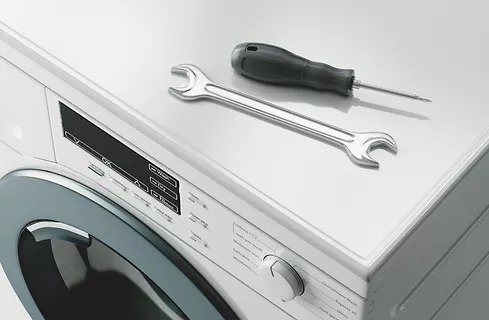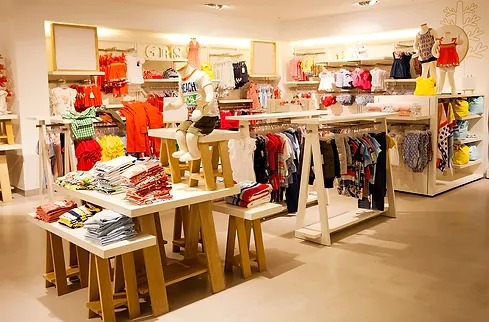Industries
1. Apparel, Accessories & Footwear
2. Appliance Manufacturing
3. Building Products & Furnishings
4. E-Commerce
5. Household & Personal Products
6. Multiline & Specialty Retailers & Distributors
7. Toys & Sporting Goods
Range of Consumer Goods Risks
1. Management of Chemicals in Products
2. Labour Conditions in the Supply Chain
3. Environmental Impacts in the Supply Chain
4. Product Lifecycle Environmental Impacts
5. Product Safety
6. Raw Materials Sourcing & Innovation
7. Packaging Lifecycle Management
HEALTHCARE
ESG Strategy
Supply Chain







